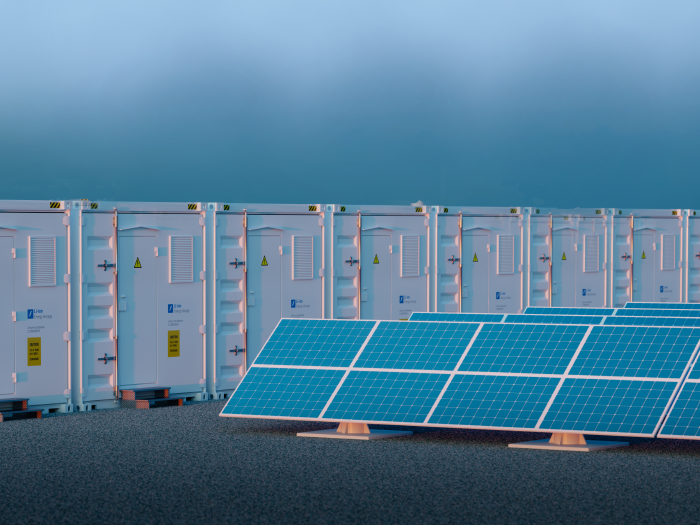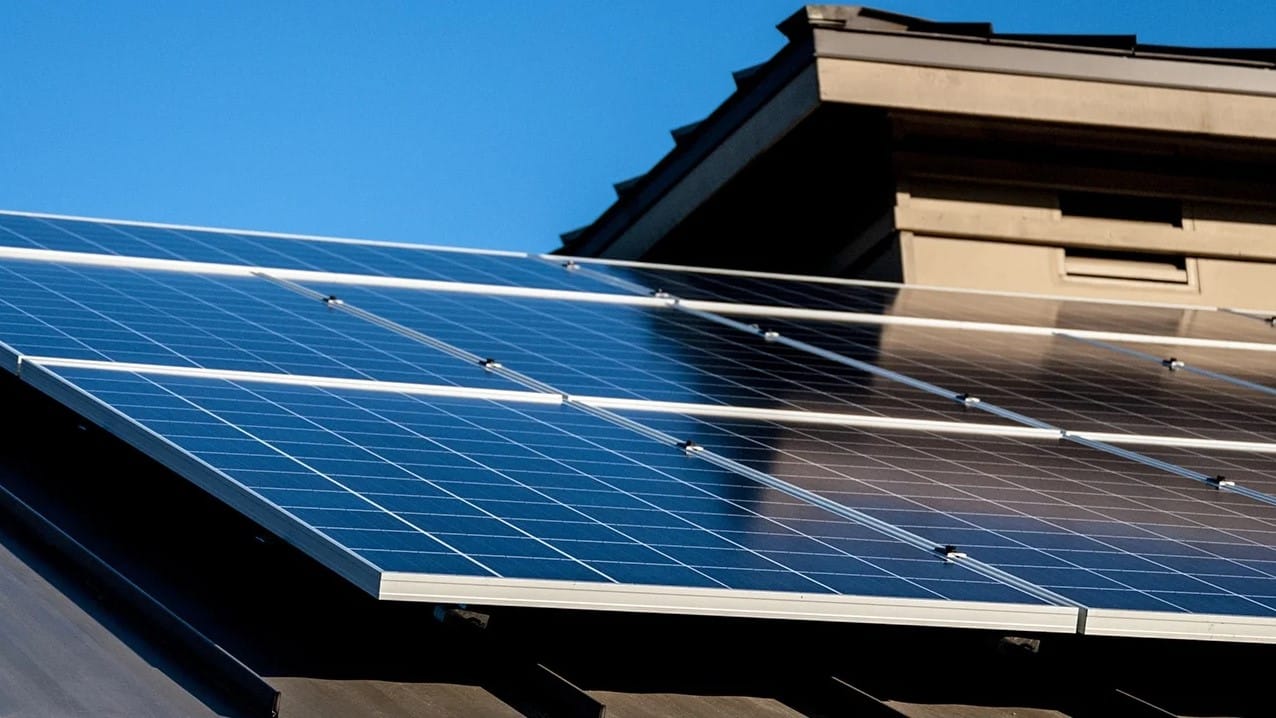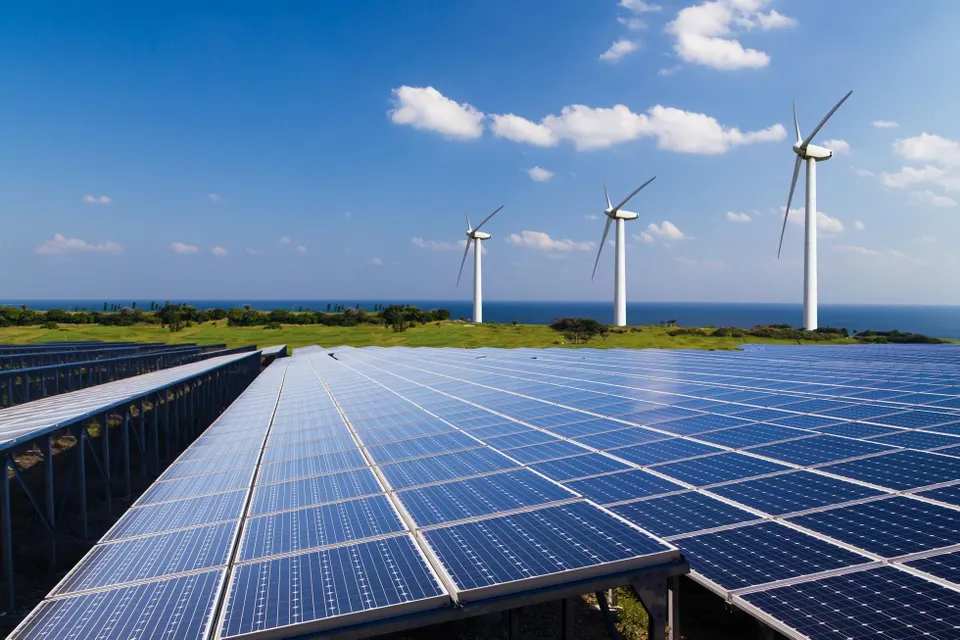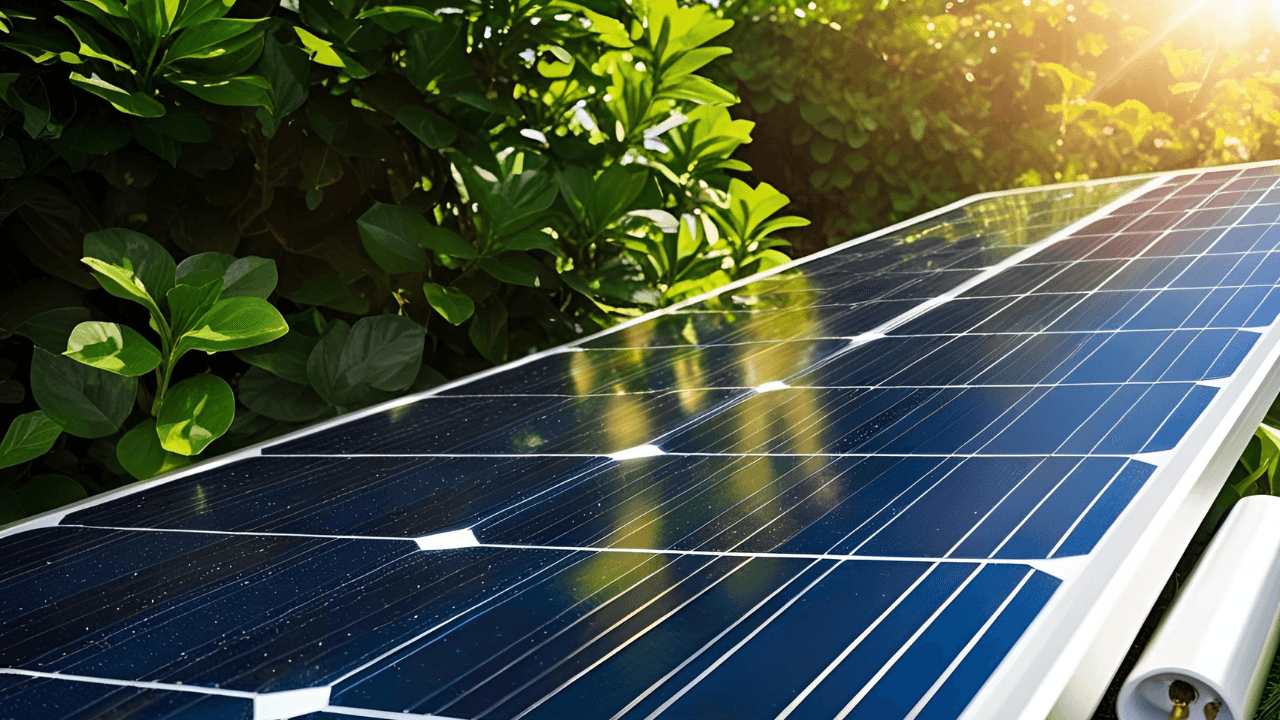As the world shifts toward renewable energy, solar power continues to lead the way — not just for its ability to generate clean electricity, but also for how it can store that energy efficiently. Thanks to major advances in solar battery storage, we're now closer than ever to achieving 24/7 solar-powered living.
As the world shifts toward renewable energy, solar power continues to lead the way — not just for its ability to generate clean electricity, but also for how it can store that energy efficiently. Thanks to major advances in solar battery storage, we're now closer than ever to achieving 24/7 solar-powered living.


Traditional solar systems generate electricity only during sunlight hours. Without an effective storage solution, any excess energy gets sent back to the grid — or wasted. But with solar batteries, homeowners and businesses can store extra energy produced during the day and use it at night or during outages, increasing energy independence and savings.
Modern solar batteries mostly use lithium-ion technology, which has become:
LFP batteries are safer and more stable than traditional lithium-ion batteries. They offer:
Smart solar storage systems now come with AI and IoT integration that helps:
This next-gen tech replaces liquid electrolytes with solid materials, offering:
Potential to revolutionize solar storage in the next 5–10 years
With advanced battery storage, solar users now benefit from:
As governments and industries continue to push for decarbonization, solar battery technology will play a critical role. Whether you're installing solar panels for the first time or upgrading an existing system, modern battery storage ensures you're ready for the energy future.


The future of solar energy isn’t just in how much we can generate — it’s in how well we can store and manage it. With ongoing innovations in battery technology, we’re entering a new era where clean, reliable, and cost-effective solar energy is available anytime, anywhere.